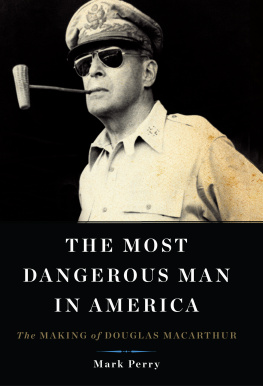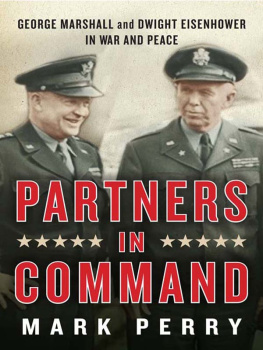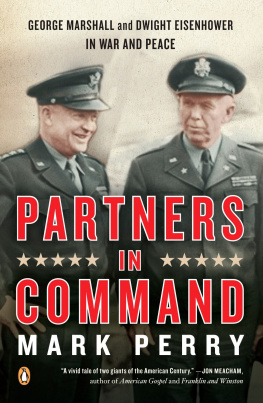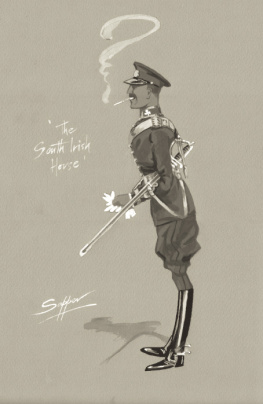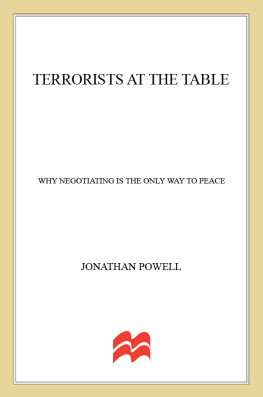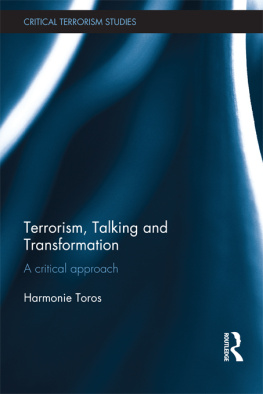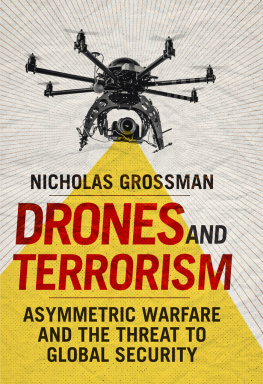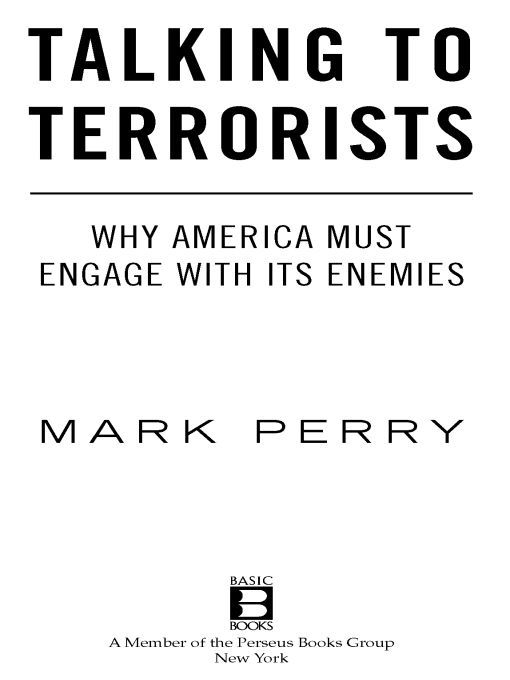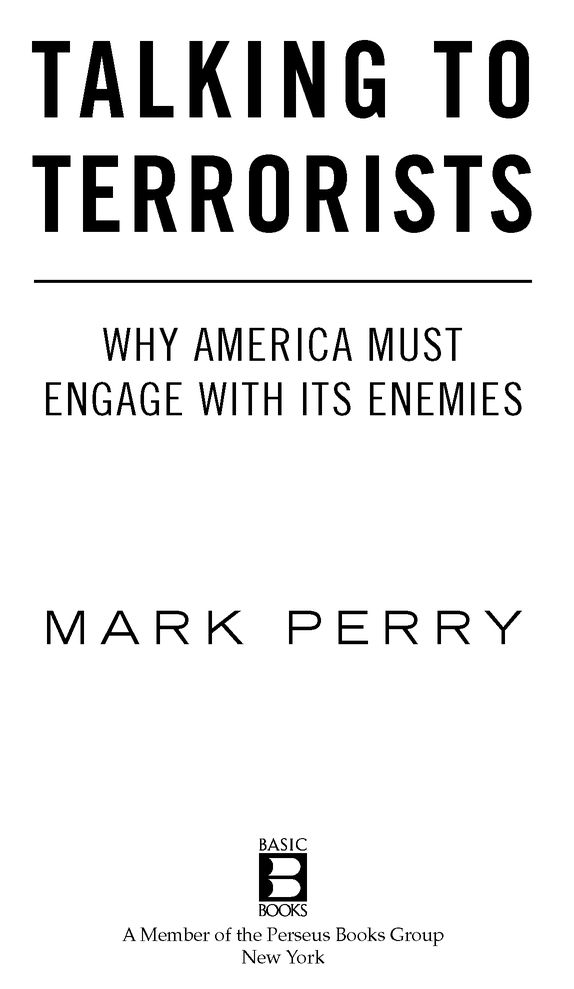Table of Contents
To the men and women of the 3rd Civil Affairs Group
1st Marine Expeditionary Force
United States Marine Corps
al-Anbar Province, Iraq
To halt the momentum of an accepted idea, to reexamine assumptions, is a disturbing process and requires more courage than governments can generally summon.
BARBARA W. TUCHMAN Stilwell and the American Experience in China
AUTHORS NOTE
THIS BOOK BEGAN as a series of articles in Asia Times in 2005. In 2006, Michael Dwyer of Hurst Publishing approached me with an idea: Would it be possible, he asked, to turn the Asia Times pieces into a book? I said that I needed to add another five parts to the five-part series. I told him that that would not be too difficult. I was wrong. The task proved more challenging than I had thought, and eventually I scrapped the idea altogether. The Asia Times pieces were appropriate in the aftermath of 9/11 but no longer seemed to have the immediacy they had once commanded.
By early 2006 the men and women of the 3rd Civil Affairs Group (CAG) began to talk to me about their opening to the Sunni resistance in Iraq and I began to write about it. I began to believe that the work of the 3rd CAG could be coupled with the discussions I had had with Hamas and Hezbollah. After all, the original claim of the Asia Times pieces was that Hamas and Hezbollah were not terrorist organizations but national resistance movementsthe same claim made by the leaders of the Sunni Awakening.
The story of the 3rd CAG, then, became a foundation piece in discussing a much larger issue: whether the West, the United States and its European allies, should reconsider their view of terrorism and shift their policies. The resultTalking to Terroristsengaged Lara Heimert at Basic Books. I had already contracted with Basic Books on another project, a biography of Douglas MacArthur. But I was intent on completing a policy book, the first one I had written in more than ten years. She told me to set aside the MacArthur book to focus on Talking to Terrorists, and I have spent the last two years doing so.
I have dedicated this book to the men and women of the 3rd Civil Affairs Group, 1st Marine Expeditionary Force. Without their cooperation and outspoken courage, this book could not have been completed. Their dedication has convinced a generation of policymakers that the United States has gotten the war on terror wrongthat the lazy values rhetoric of America and Europe masks the challenges we face. I am deeply appreciative of their willingness to tell me their story.
I was aided in my work by Jerry Jones, whose single-minded focus on this story has been of inestimable help. His deep commitment to seeing the story of the 3rd CAG published made this book possible. I hope that my editor in London, Michael Dwyer, is satisfied with the result. This was his idea, and he pushed and pushed until the final word was written. I am indebted to him and to Lara Heimert, at Basic Books, for their support and confidence. I appreciate the continued support of the editors of Asia Timeswho have continued to publish my articles and have shown great faith in their continued importance. My appreciation also to James Clad for his continued support and friendship.
I wish to express my appreciation to Usamah Hamdan of the Islamic Resistance Movement and Nawaf Moussaoui of Hezbollah for taking the timesometimes hoursto explain in detail their views and those of their movements. My appreciation also to those colleagues who added their own knowledge and experiences to my writing. My thanks to my colleague in this enterprise, Paul Woodward. My thanks to Boaz Karni in Israel for his friendship and to his family for their gracious hospitality. There are many others in Israel whom I wish to thank: those unnamed citizens who shout and laugh their views and have sat with me for hours, over a period of many years, talking about their dreams. My thanks to my close friend Bobby Muller, in Washington, D.C. My thanks to Solange MacArthur for her patience in allowing me to whinge on (as they say) about this issue.
In the West Bank, my thanks go to my lifelong friend Salah Taamri. My appreciation also to Omar Karmi and to Nuha Musleh, and to my hosts at Jerusalems Golden Walls Hotel, who allowed me to wander their hallways during the darkest days of the Second Intifada.
There is a small but dedicated coterie of Americans who workwithout recognitionto find a resolution of the Israeli-Palestinian conflict. They will see in Talking to Terrorists a reflection of their own thinking. Daniel Levy, Lara Friedman, Rob Malley, Amjad Atallah, and, especially, Jeff Aronson have allowed me to plunder their thinkingand sometimes even their wordsfor my own purposes. If dedication is any measure of results, this conflict would be resolved. My thanks to Paul Goldstein and Jeffrey Steinberg. In the United Kingdom, the most trenchant and focused appeals to a shift in the Wests Middle East policies have come from Member of Parliament Michael Ancram and from John, Lord Aldericeboth good and constant friends and supporters. My thanks also to Paul Hilder, Minal Patel, and Tom Clark.
Once again, and as always, my thanks go to my friend Gail Rosswhose support for my writing, like her friendship, has never wavered.
My thanks and my love go to my wife, Nina, and to my children, Madeleine and Cal. They have lived with the Israeli-Palestinian conflict for twenty-five years. They wish it would end. So do I.
PROLOGUE
COALITIONS
Well just keep going.
MICHAEL ANCRAM
IN MARCH 2006, a series of articles began to appear in Asia Timesan online daily news magazineabout meetings that had been held in Beirut between Americans and Europeans and the leaders of Hamas and Hezbollah. The meetings had taken place the year before. The meetings were controversial, as were the articles that described them. We were talking to terrorists. We were consorting with the enemy. We were giving legitimacy to terrorists. Yet more than four years later, the meetings we inaugurated have had a significant impact on American and European policy, not simply because of what we did, but because of the help we enlisted. Most especially, the meetings we inaugurated have led to a long-overdue but substantial opening between the West and political Islam. British officials were instrumental in providing that opening.
Our meetings were attended by John Lord Alderdice, a tireless worker for reconciliation and an end to conflict. Alderdice was not alone in his travels; he was accompanied by others from the United Kingdombrave people who placed their reputations on the line. Additionally, over a period of years following the initial meetings, British member of Parliament Michael Ancram visited Beirut often and continued the dialogue with the leaders of Hamas and Hezbollah. He spoke openly about his meetings in the United Kingdom and then came to America to do the same. Other British officials, and many Europeans, have followed in the footsteps of Alderdice and Ancram. But we should not be surprised that it is the British who have proven to be capable of listening and talking. Britains Prime Minister Clement Attlee normalized relations with China in 1950. It took the United States another two decades to do the same.


